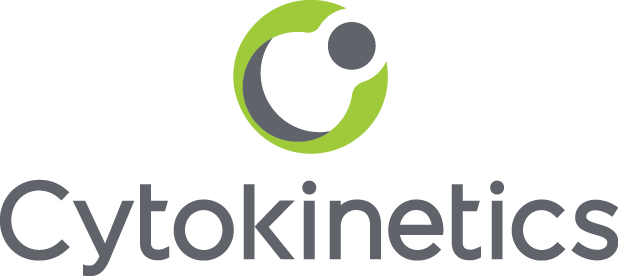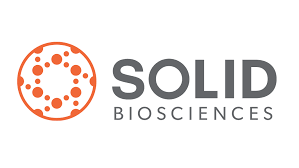
How can a person be diagnosed with DCM without symptoms?
An enlarged heart may be identified on tests (chest X-ray, heart angiogram, echocardiogram, CT scan) that may be performed for reasons unrelated to heart failure symptoms. If an enlarged heart is identified on tests other than an echocardiogram, an echocardiogram should be obtained to better assess the size of the heart and function of the heart muscle. Another way DCM without symptoms may be identified is through genetic testing or screening if first-degree relatives have DCM with no known cause, also called Idiopathic Dilated Cardiomyopathy.
Is treatment recommended if there are no symptoms?
Yes, treatment is recommended, especially if there is reduced heart muscle function. Reduced heart muscle function is measured by ejection fraction, or the percentage of blood pumped from the heart with each beat. A normal ejection fraction indicating normal heart contraction is 50% or more. There is universal agreement that treatment is indicated if the ejection fraction is less than 40%. It is somewhat controversial whether treatment is indicated for ejection fractions between 40 to 50%. Patients should discuss this with their cardiologist if they fall into this category.
What are the treatments, and how does a person know they are helping if there are no symptoms?
Drugs are the primary treatment. Essential drugs are those classified as beta blockers; the other essential class of drugs are ACE-inhibitors or ARBs. Both classes of drugs work to block the activated hormonal and neural systems. They have been studied in thousands of patients and have been shown to improve the survival rate of people with DCM. In some people, these drugs may decrease the size of the heart and improve heart muscle function. An echocardiogram should be performed after a minimum of six months of optimal drug therapy to determine if medications are improving the ejection fraction and/or heart size.
Will symptoms develop over time?
Some people with DCM will remain without symptoms, but it is more likely that at some point symptoms will develop. Symptoms can slowly develop, or sometimes it may appear that symptoms occur suddenly.
Click to Explore:
MILD SYMPTOMS
MODERATE SYMPTOMS
SEVERE SYMPTOMS
INTRO TO SYMPTOMS






